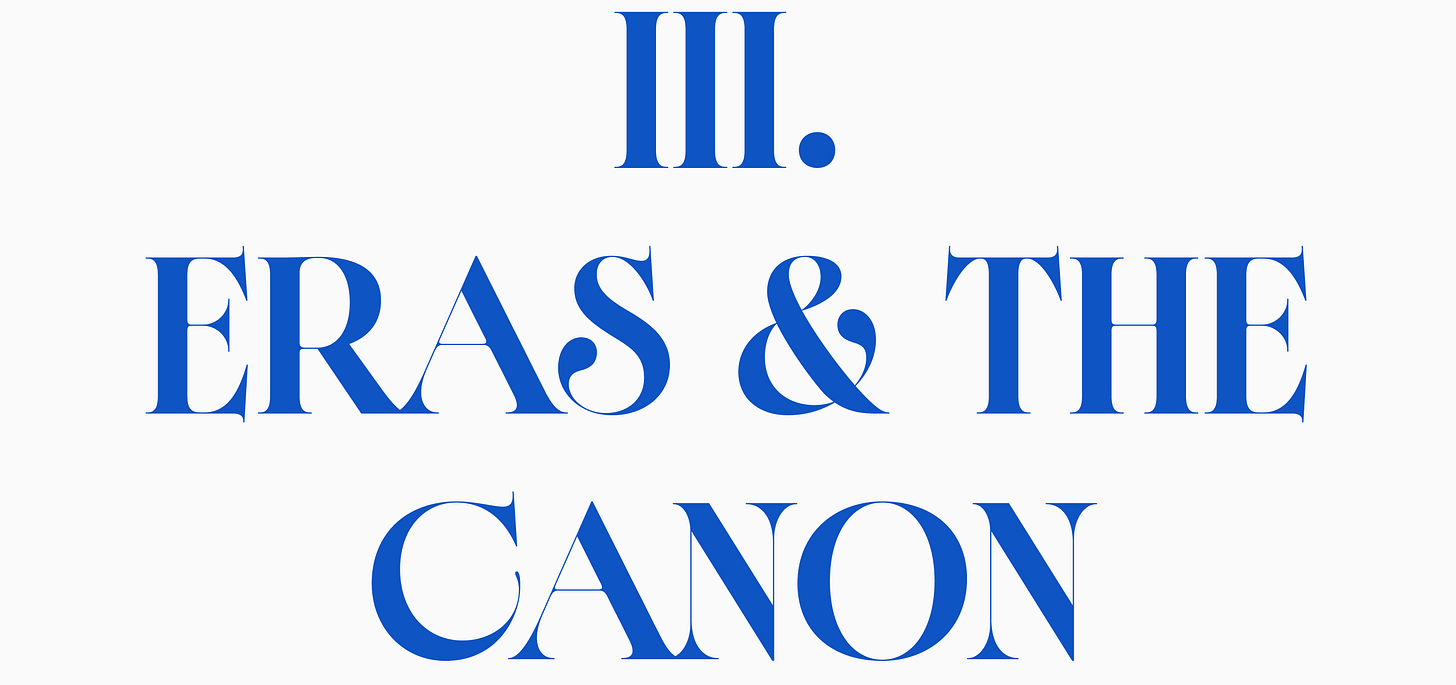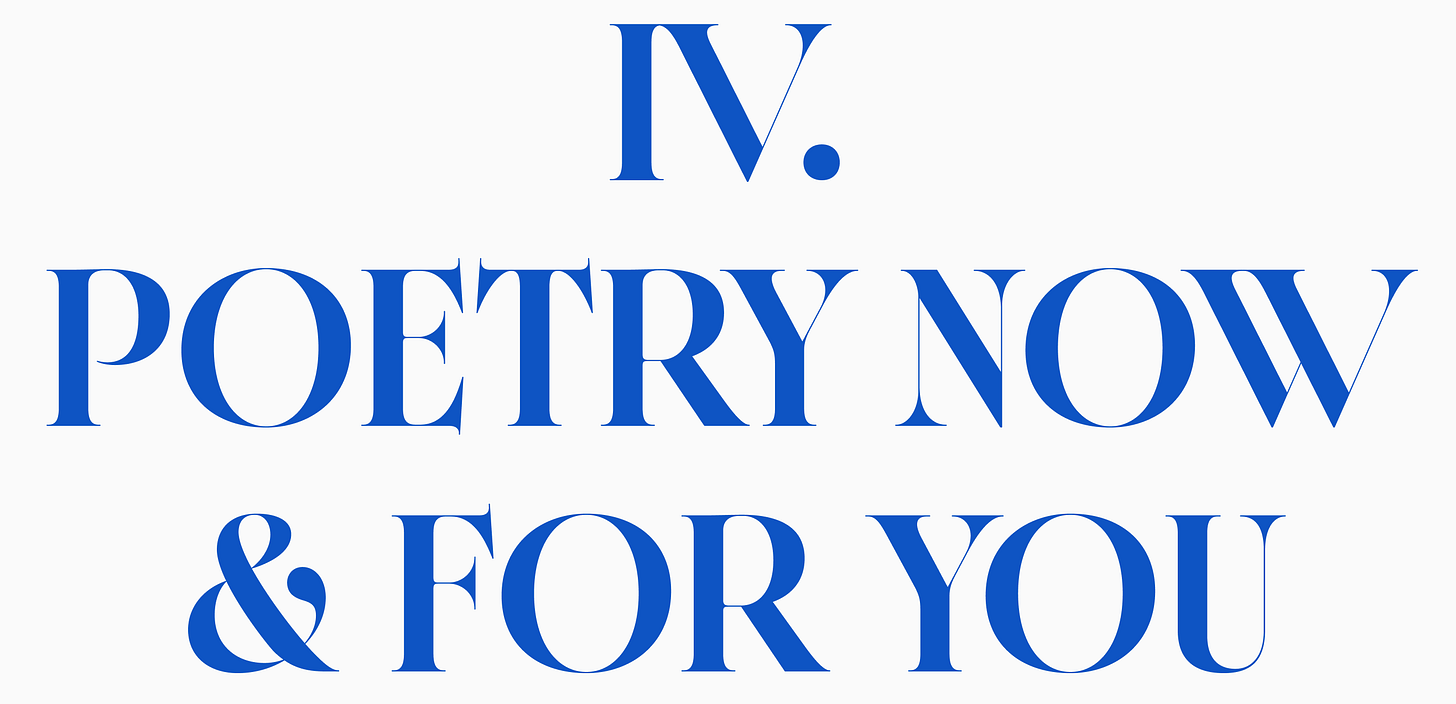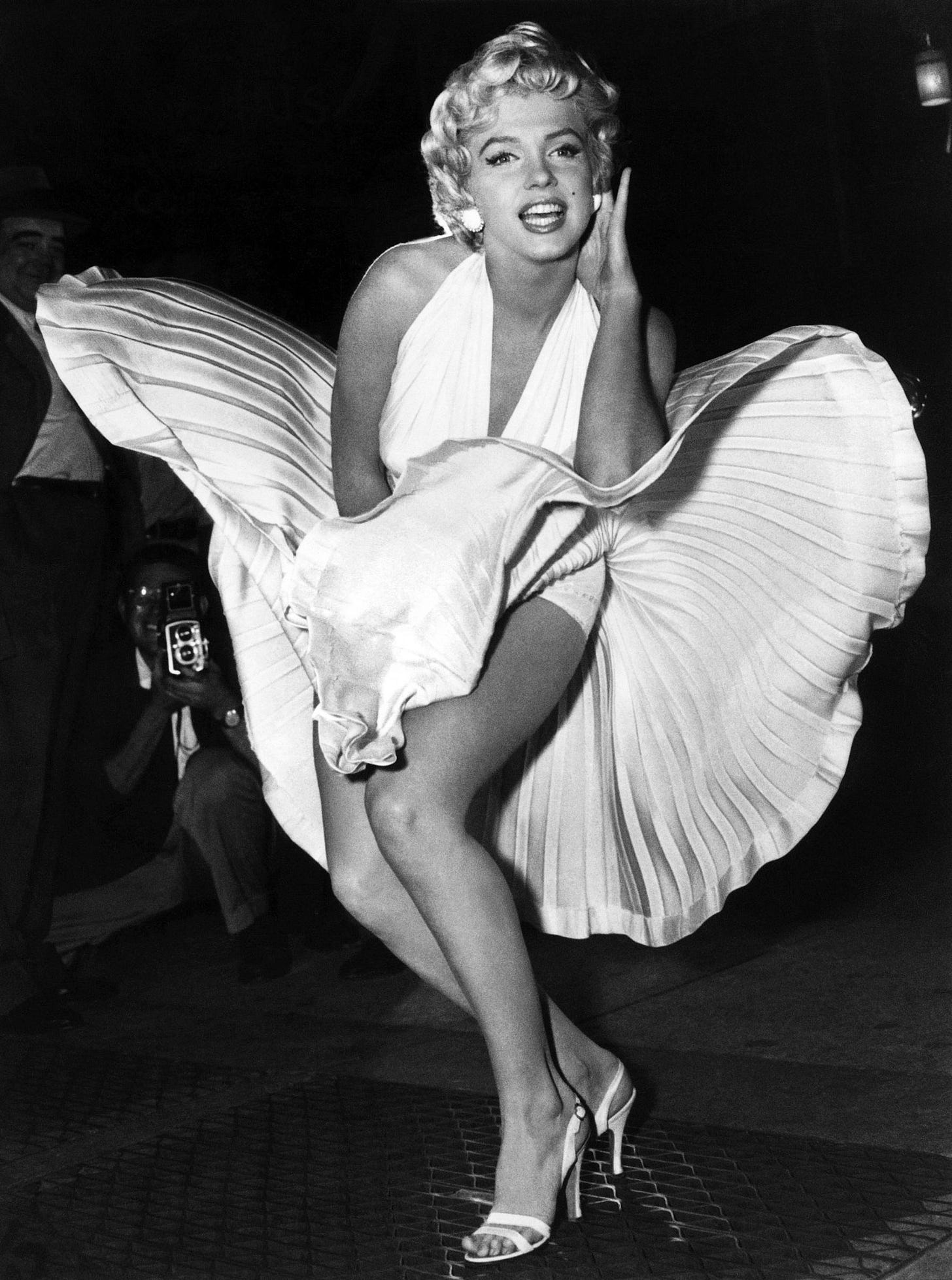I’ve seen a lot of personal curricula out there but none (that I’ve come across) have covered poetry. I think I know why. It’s because most people (god bless their souls) don’t give a flying fuck about poetry. And you know what? Just as well. Why do we think that numbers ought to have something profound to say about words? Or that more people equals more value?
Honestly, if you were walkin’ on down the street and spotted a massive throng of people resembling a blob of arms and legs and crazed heads sticking out trying to get inside a building…would you want to join them and get inside there too? Hey—maybe you would, I don’t know and I’m not quite judging. I know though that my introverted ass would be outta there.
Which is all to say, sometimes it’s more pleasant to hang out with the loner beneath the maple tree. And in a world of dragon-fucking riding fantasies and enemies-to-lovers romances and superhero reboots and superhero fatigue and fatigue in general and arthouse cinema with cult followings and Oscar-bait and pop divas crooning about the ChatGPT version of Ophelia…poetry, real poetry, is the loner beneath the maple tree, waiting for you…and it’s not to kill you, but maybe, just maybe, to sit and talk for a while, or soak in the silence and the music of it all.
On that note, then, I want to develop a fully free, accessible, in-depth, fluff-and-frills-less, poetry curriculum for anyone anywhere at any stage of poetry appreciation or practice.
Maybe it’s a stupid task and maybe I should just focus on writing a viral Substack post or creating longform video content, but sooner or later we all need to face up to the biggest truth in life: you are who you are, at any given moment. (Okay, it sounded more profound in my head).
I don’t promise this is what I’ll exactly stick to, but for now, below is what I’m thinking to do on a bi-weekly or monthly basis for the next little while.
Here, I’ll cover some of the core elements of what makes a strong poetry practice and will, hopefully, help you enhance or elevate your poetry reading (and writing) experiences.
You can expect things like:
Craft books that don’t suck and are actually helpful for fuck’s sake
A glossary of poetic terms, both obvious and wait-what-that-too? explained in a lucid way with actual examples
Some favorite quotes and micro-lessons from other influential and way-better-than-me poets and professors
Core habits that make life a little easier and more poetic, potentially
And an introduction to the different modalities of poetry (think spoken word yes but also lyrical dialogue, surreal prose, temporal ethereal music, etc. which recreates the poetic experience through language paired with another art-form or two…this is so we can learn to recognize the poetic in the mundane as well as realize the prevalence of poetry in our lives, even when we doom-scroll).
If you’re into anything rooted in literature (which, you probably are, if you’re on Substack in the first place), then I bet you’ve read a little bit about what the hell literary or artistic style is. I do feel strongly though that style, when it comes to poetry, is an entirely differnt beast than with novels, short stories, film, etc. So, I’ll try to expand on that while also touching on:
Traditional forms and why it can be fun to “bring them back” so to speak
Contemporary and hybrid forms
Developing mood and focalization
Establishing context, defying the barriers of genre, and playing with theme
VOICE (because god damn it, someone has to set the record straight)
No, I’m not going to just hit you with a list of dead dudes and dusty timelines (though of course there will be some dead dudes because man they were good poets). I’ll also try to share what I think it means to be part of a poetic lineage of sorts and how that’s shaped by time, culture, language, war, longing, exile, sex, faith, love, power…you get the point.
I’ll try to elucidate the following:
The multiplicity of the “canon” and what’s worth knowing about it (and also doing away with)
Global traditions you probably weren’t taught in school but should’ve been — poetry of the Vedas, Sufi mystics, Chinese hermits, Aztec priest-poets, Bhakti saints, and so many more.
The modernists, the meta-modernists, Beats, Confessionals, Postcolonialists, New Formalists, the what-am-I supposed-to-call-these-beautiful-weirdos-ists
How to read across centuries without getting bored or feeling dumb
A few guiding questions: Who are your poetic ancestors? Who are your estranged cousins? Who do you wish you’d been born alongside? Who is doing the work you want to do?
I’ll be honest I don’t quite know how I’ll shape this fourth part and maybe it’ll break up into many parts later on, but I do know that I want to talk about:
the present culture of poetry
current poetry publishing dynamics
viral/popular poetry
how to edit your own poems
how to tell if a poem is good or bad
poetry communities
how to write better poems
a bit about submitting
what you can do to enjoy reading poems again
and then my own favorites and recommendations of the best of the best in poetry in the here and now
Alright, that’s all for now. I don’t know if any of you will be into this, maybe I’ll get a bunch of unsubscribes, but with all my heart, I don’t care. Writing, any kind of writing, ought to be an expression of our innermost desires as well as the momentary fleeting joys that stir us like the passing train did Marilyn’s skirt (iconic image she chose to do it don’t come at me).
I wouldn’t say teaching is my innermost desire, but I did want there to be something entirely free for other wanderers and beautiful losers in the recesses of the internet searching for some kinda literary nourishment without a price tag or a paid subscription or what-have-you.












The way this post made me feel my limbs again… and how I very impulsively want to say that my “strikethrough” is *whispers* werewolves.
Yes please!